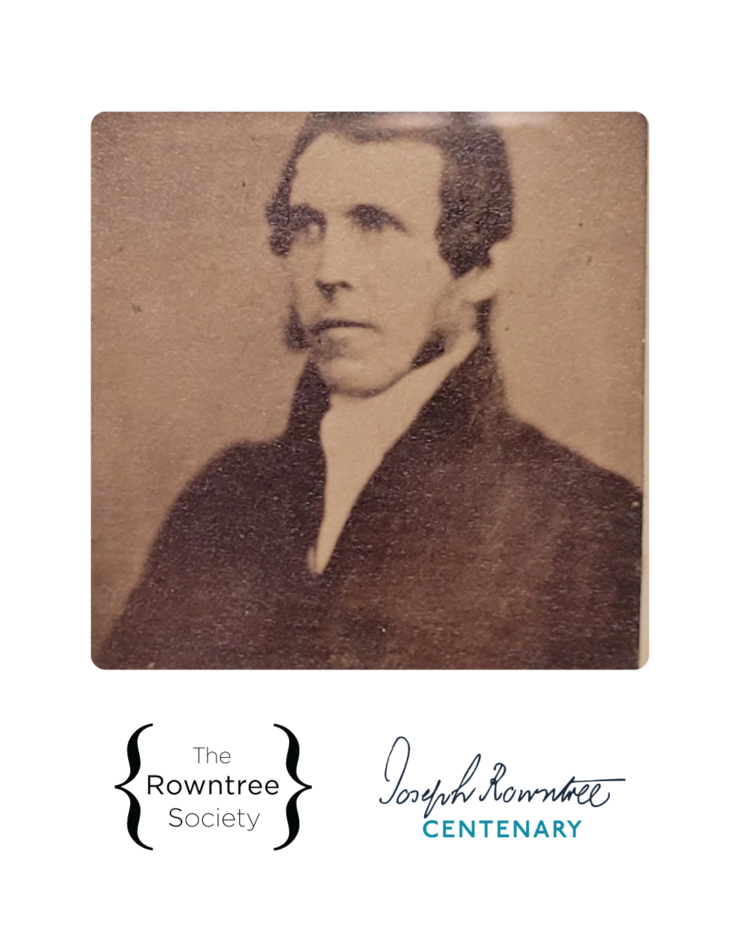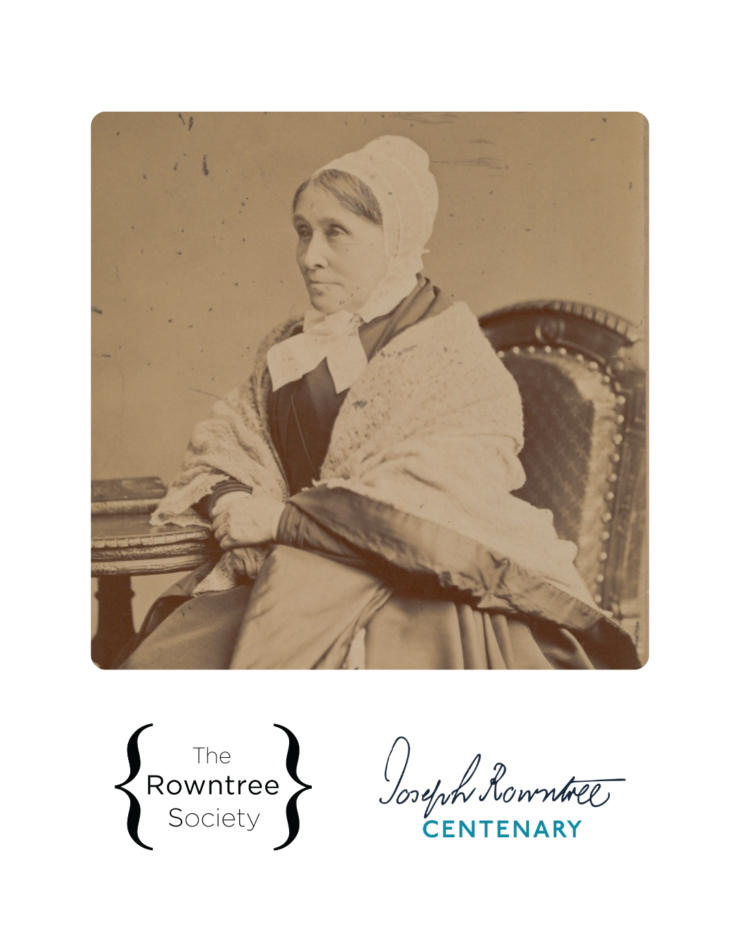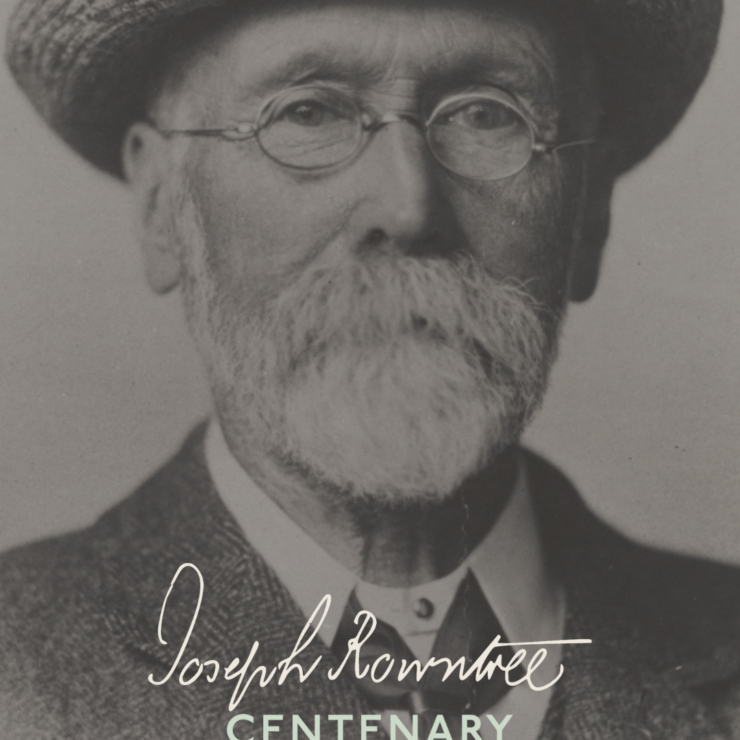Joseph and Sarah Rowntree
Joseph’s parents, Joseph Senior and Sarah, were Quakers and their social lives – and those of their five children – were conducted within the Society of Friends. Home life included daily scripture study. Joseph and Sarah both undertook useful work which included provision of educational opportunities for boys and adults; measures to address insanitary housing and sewage disposal; and visiting the poor. In later life they were both devoted more time to Quaker interests and the Society of Friends. Their influence was to have a profound effect on Joseph’s actions throughout his life and upon his social vision.
Image from originals held at the Borthwick Institute for Archives.


Read more from the JR100 List
To celebrate 100 years, we have curated 100 notable stories from the archives.









